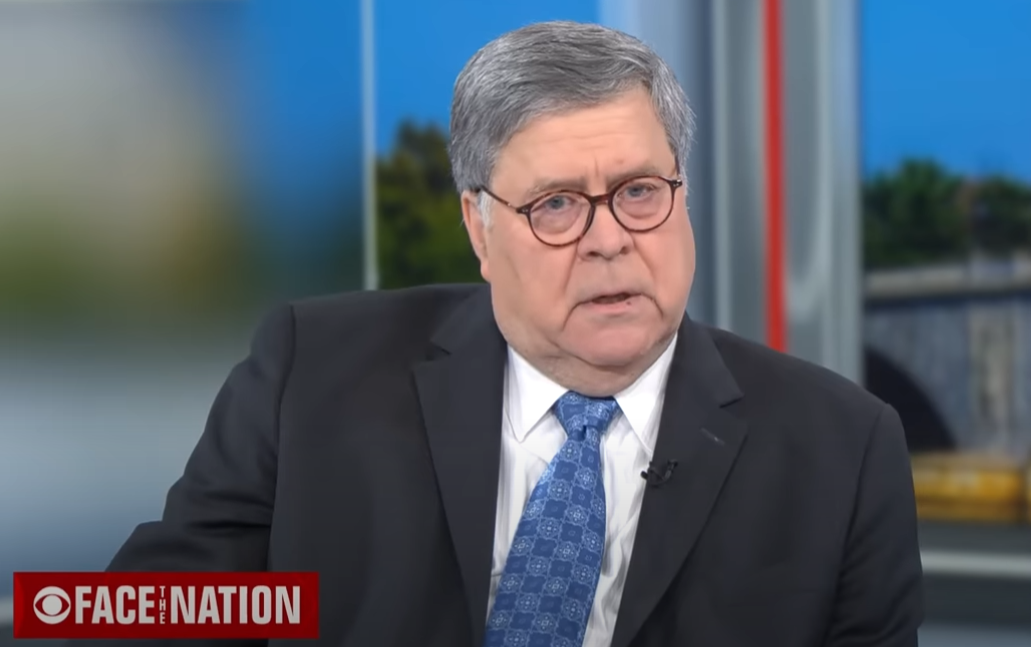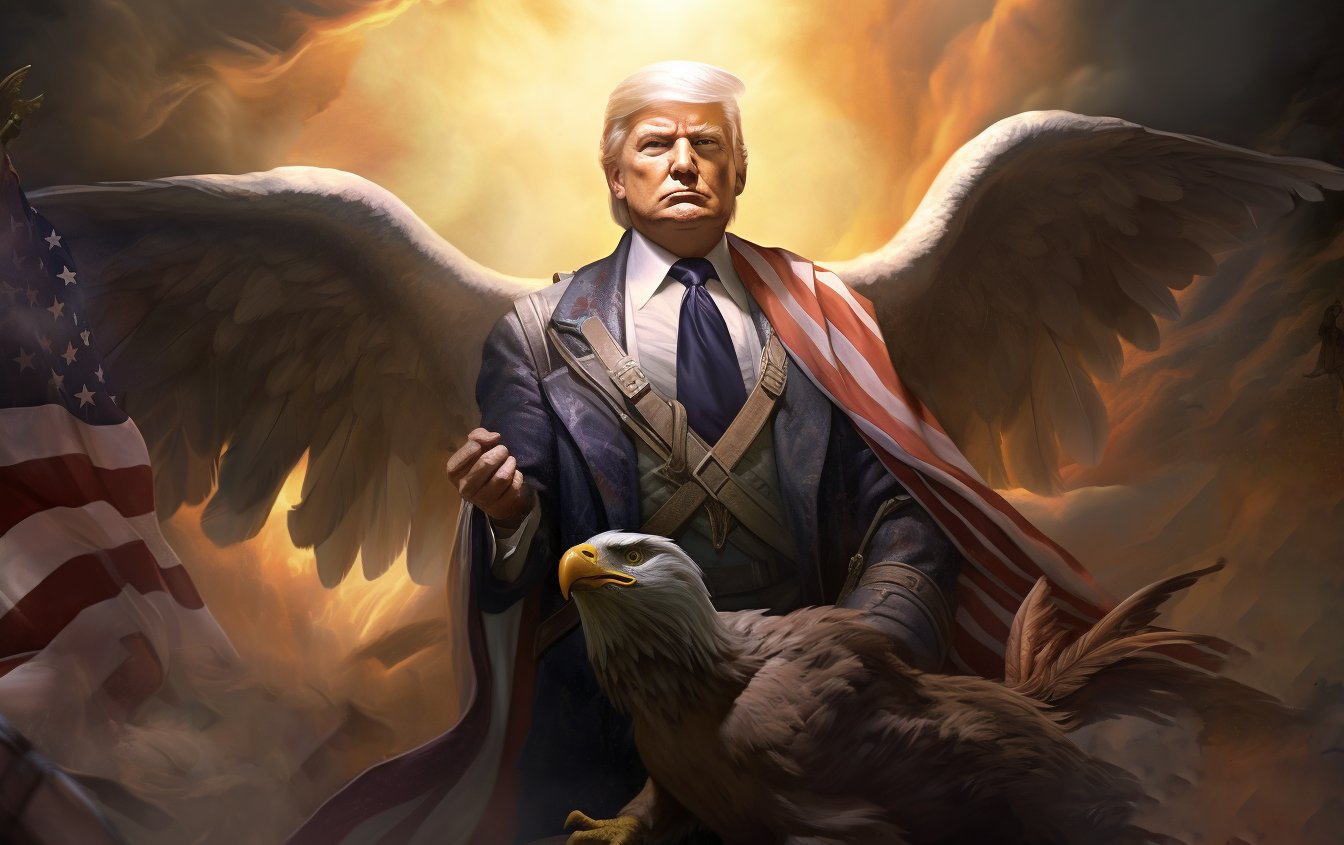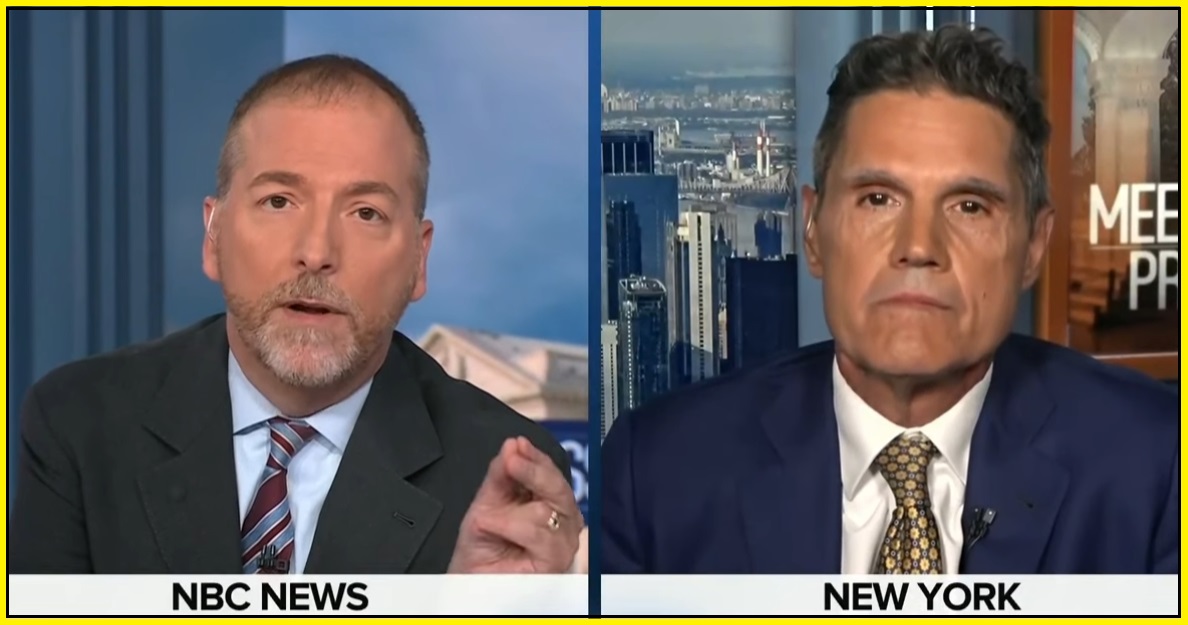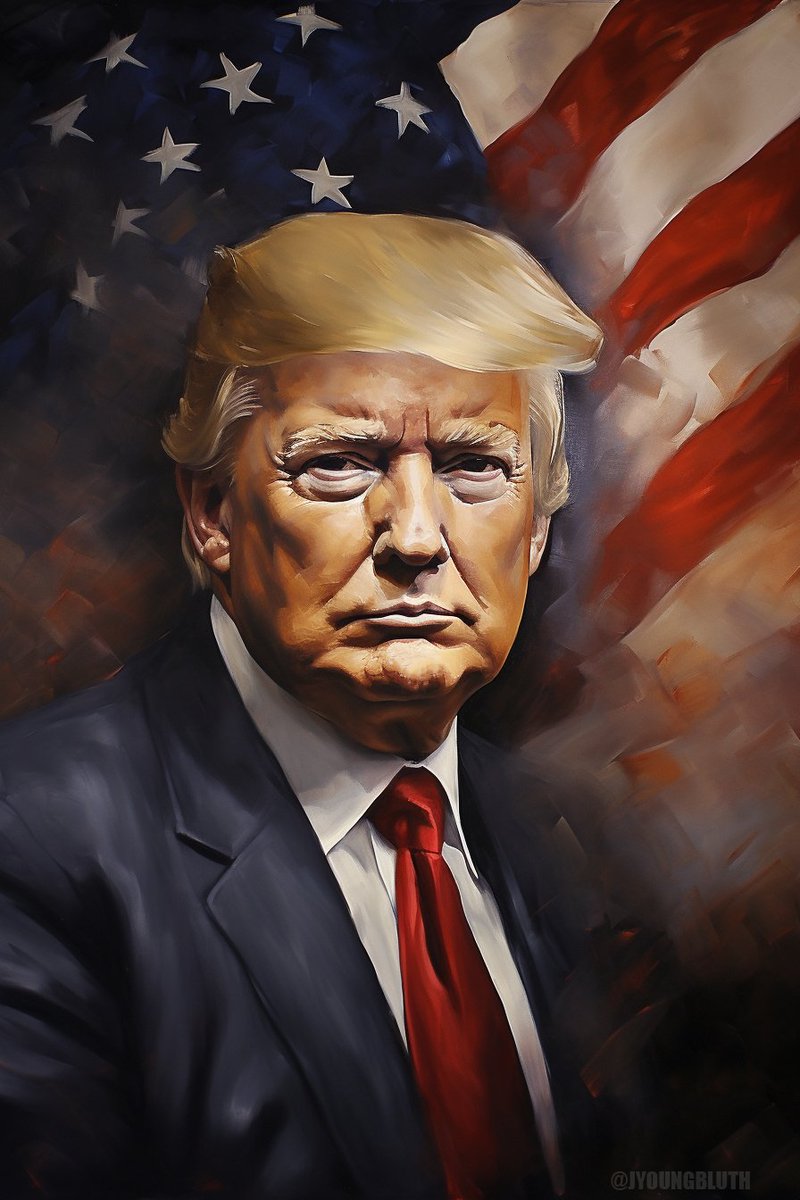Posted originally on the CTH on August 6, 2023 | Sundance
This guy really is the worst of the worst. I do not think I could dislike him more. Remember, Bill Barr appointed John Durham officially as a special counsel quietly without informing the public in October of 2020, specifically intended to block President Trump from declassifying any documents prior to the 2020 election. We do not discover the official appointment until December, after the 2020 election.
The intent of the Durham appointment was to create the oft used silo of an “ongoing investigation” to block inquiry and/or action by President Trump. The entire process of the DC silo deployment is one long continuum, as we have previously outlined. Michael Horowitz was an investigative silo (blocking document release), Robert Mueller was an investigative silo (threats of obstruction blocking document release), John Durham was an investigative silo (blocking document release), and ultimately, now Jack Smith is an investigative silo, retrieving documents from Mar-a-Lago and blocking document release.
You will note that every single one of John Durham’s investigative pathways was to look at Trump-Russia fabrication and corruption outside government, outside Washington DC. None of the Durham investigation was focused inside government or inside the institutions that he and Bill Barr were protecting. Bill Barr was the Bondo, John Durham was the spray paint.
Today, Bill Barr when asked if he would testify against President Trump, says “of course” he would. WATCH:
MAJOR GARRETT: We turn now to Bill Barr, who served as former president’s attorney general until he resigned following the 2020 election. Bill, it’s good to see you.
FORMER ATTORNEY GENERAL BILL BARR: Good to see you.
MAJOR GARRETT: Last time you’re on the show, you said “the January 6 case will be a hard case to make because of First Amendment interest.” Having read the indictment, is that still your view?
FMR. ATTORNEY GENERAL BARR: Well, it’s- it’s certainly a challenging case, but I don’t I don’t think it runs afoul of the First Amendment. There’s a lot of confusion about this out there. Maybe I can crystallize it. This involved a situation where the states had already made the official and authoritative determination as to who won in those states, and they sent the votes and certified them to Congress. The allegation essentially by the government is that at that point, the president conspired, entered into a plan, a scheme, that involved a lot of deceit, the object of which was to erase those votes, to nullify those lawful votes.
MAJOR GARRETT: To disenfranchise people?
FMR. ATTORNEY GENERAL BARR: Right. And there were a number of things that were alleged. One of them is that they tried to bully the state authorities to withdraw their certification by citing instances of fraud and what the- and what the indictment says is, the stuff that they were spouting, they knew was wrong, and false. This is not a question of what his subjective idea was as to whether he won or lost. They’re saying what you were saying consistently, the stuff you were spouting, you knew was wrong. But it’s not- if that was all it was about, I would be concerned on First Amendment front, but they go beyond that. And the other elements were the substitution of bogus panels, that were not authorized panels, to claim that they had alternative votes. And then they- and that was clearly wrong, and the certifications they signed, were false. But then pressuring the Vice President to use that as a pretext to adopt the Trump votes, and reject the Biden votes, or even to delay it, it really doesn’t matter whether it’s to delay it, or to adopt it, or to send it to the House of Representatives. You have to remember, a conspiracy crime is completed at the time it’s agreed to and the first steps are taken.
MAJOR GARRETT: That’s it?
FMR. ATTORNEY GENERAL BARR: That’s when the crime is complete.
MAJOR GARRETT: From a prosecutor’s point of view, is this a case you would have brought?
FMR. ATTORNEY GENERAL BARR: Well, from a prosecutor’s standpoint, I think it’s a legitimate case.
MAJOR GARRETT: But from an Attorney General’s point of view?
FMR. ATTORNEY GENERAL BARR: But I think there are other considerations, and I would have taken those into account. But I’ve also said consistently, really, the rubicon was passed here, when- when Attorney General Garland picked Smith, because the kinds of decisions, the kinds of judgments that would say don’t bring the case, really have to be made by the Attorney General. And he picked a prosecutor. And I think at that point, the decision was, if there’s a case, we’re going to bring it. That’s when the rubicon was passed.
MAJOR GARRETT: Were you interviewed by the Special Counsel?
FMR. ATTORNEY GENERAL BARR: I’m not going to get into any discussions–
MAJOR GARRETT: Would you appear as a witness if called?
FMR. ATTORNEY GENERAL BARR: Of course.
Major Garrett: Could you describe your interactions with the President on this question about whether or not he won or lost and what you told him?
FMR. ATTORNEY GENERAL BARR: Well, I wasn’t discussed- well, I go through that in my book in painstaking detail, but on three occasions, at least, and I- I told him in no uncertain terms, that there was no evidence of fraud that would have changed the outcome that we–
[CROSSTALK]
MAJOR GARRETT: — One of those associated with a Trump’s defense team had said, if you were called as a witness, they would cross examine you, and pierce all of that by asking you questions that you couldn’t, to their mind, credibly answer about how thorough that investigation was that led you to tell the President what you told him? How thorough was that investigation?
FMR. ATTORNEY GENERAL BARR: Well, I- I think it satisfied us that there was no basis for concluding that there had been fraud in those instances. Some of them are obvious, okay. One that he keeps on repeating is, you know, that there were more- that more people voted then absentee ballots that were requested, and that was mixing apples and oranges. And once that was explained to him, we should- we should have heard no more about that. Others required further investigation, interviews and so forth and those were done.
MAJOR GARRETT: I want to get your thoughts on Hunter Biden. On December 21, your last day, or nearly your last day, in 2020 in the role of Attorney General, you said, “I think it’s being handled responsibly and professionally currently with the department.” This is the Hunter Biden investigation. “And to this point, I have seen no reason to appoint a special counsel.” Do you believe a special counsel should be appointed now in the Hunter Biden matter? And do you regret not appointing one then?
FMR. ATTORNEY GENERAL BARR: No, because the–
MAJOR GARRETT: To which? To which? Should one be appointed now?
FMR. ATTORNEY GENERAL BARR: When I was the attorney- in order to appoint a special counsel, you have to have a conflict, or should have, a conflict of interest. I had no conflict of interest investigating Hunter Biden. If there was a conflict it would be Garland’s, and he had to make the decision when he took office as to whether or not it could be fairly handled in the department or whether or not a special counsel was necessary. I felt that if I prejudged that and preempted his decision, it would actually set things up that he would have probably, or the administration, would have just canceled the investigation, and I felt he would keep our U.S. attorney in place. But once Garland came in, he had the responsibility of determining whether a thorough investigation was being done and was being done fairly.
MAJOR GARRETT: Do you believe a thorough investigation has- has been conducted?
[CROSSTALK]
FMR. ATTORNEY GENERAL BARR: Well I did agree with the- the House Republicans that there was a time where he should have appointed a special counsel.
MAJOR GARRETT: Is that time passed?
FMR. ATTORNEY GENERAL BARR: Well, practically, it may have passed, because there’s not pretty much time to get to the bottom of things, unless Weiss has been doing it conscientiously. And we have to hear from Weiss as to what he’s done–
MAJOR GARRETT: The U.S. attorney in Delaware?
FMR. ATTORNEY GENERAL BARR: Yeah. Yes.
MAJOR GARRETT: Do you believe, as you said earlier, that there was a lot of shameful self dealing and influence peddling in regards to Hunter Biden, and if so, do you believe those are criminally prosecutable actions?
FMR. ATTORNEY GENERAL BARR: Okay, well remember- one thing I stress is those are two different questions. Right? And, you know, things can be shameful without being illegal. And I- yes, I thought- I think it’s grotesque, cashing in on the office like that, apparently. But I- I think it’s legitimate. It has to be investigated as to whether there was a crime there. And that’s one of the things I’m concerned about, is that it was thoroughly investigated after I left.
MAJOR GARRETT: You’re concerned still, whether or not it was thoroughly investigated?
FMR. ATTORNEY GENERAL BARR: I don’t know. I would like to hear about it. I mean, some of the whistleblowers raised concerns in my mind, there’s reasons- before the election, there were reasons to defer certain investigative steps under Justice Department policy, but after the election, I don’t see reasons for deferring investigative steps. And apparently someone said it was the optics. Well, what are the optics? You know, after the election, that it was the president elect’s son, that’s not a reason not to investigate.
MAJOR GARRETT: William Barr, we thank you for your time very, very much. “Face the Nation” will be back in just one moment. Please stay with us.





